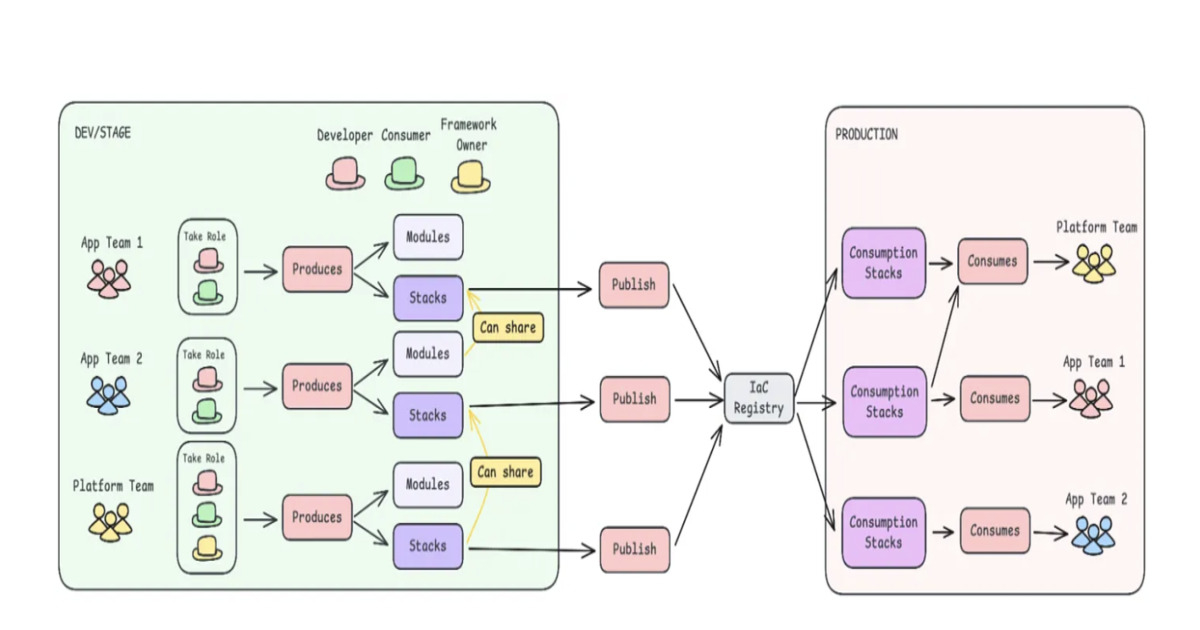Codetown
Codetown ::: a software developer's community
Connecting to a database...base de données!
(I'm posting this for Mara, who speaks French and lives in Africa - please give him a hand with his dev question! I translated the question using Babelfish. You can, too.)
Hello! I have only one problem to be able to advance, It is the connection of the iPhone application to a database. I would like to know the most suitable base and the methods of connection. Thank you.
Mara
Hello!
J'ai un seul problème pour pouvoir avancer, c'est la connexion de l'application iPhone à une base de données. Je voudrais savoir la base la plus appropriée et les méthodes de connexion.
Merci, Mara
Tags:
Replies to This Discussion
-
Permalink Reply by Michael Levin on October 14, 2009 at 8:38am
-
Here's an update: "J'ai installé le framework de mysql mais aprés avoir compilé mon programme j'obtiens comme erreur: ".objc_class_name_MCPConnection", referenced from:
Qu'est ce fait ça et comment peut on le corriger."
Translated:
"I installed the framework of mysql but after compiling my program I get as error: ". Objc_class_name_MCPConnection", referenced from:
What is it and how can we fix it. " -
-
Permalink Reply by Kevin Collins on January 19, 2010 at 9:58pm
-
I just published my first iPhone App, Party Twacker. This app uses SQLite which is perfect for the iPhone dev environment. Go to www.sqlite.org for more information.
* 300 million copies of Mozilla Firefox.
* 20 million Mac computers, each of which contains multiple copies of SQLite
* 20 million websites run PHP which has SQLite built in. [3] We have no way of estimating what fraction of those sites actively use SQLite, but we think it is a significant fraction.
* 450 million registered Skype users.
* 20 million Symbian smartphones shipped in Q3 2007 [5] Newer versions of the SymbianOS have SQLite built in. It is unclear exactly how many Symbian phones actually contain SQLite, so we will use a single quarter's sales as a lower bound.
* 10 million Solaris 10 installations, all of which require SQLite in order to boot.
* Millions and millions of copies of McAfee anti-virus software all use SQLite internally.
* Millions of iPhones use SQLite
* Millions and millions of other cellphones from manufactures other than Symbian and Apple use SQLite. This has not been publicly acknowledged by the manufactures but it is known to the SQLite developers.
* There are perhaps millions of additional deployments of SQLite that the SQLite developers do not know about. -
Notes
Welcome to Codetown!
 Codetown is a social network. It's got blogs, forums, groups, personal pages and more! You might think of Codetown as a funky camper van with lots of compartments for your stuff and a great multimedia system, too! Best of all, Codetown has room for all of your friends.
Codetown is a social network. It's got blogs, forums, groups, personal pages and more! You might think of Codetown as a funky camper van with lots of compartments for your stuff and a great multimedia system, too! Best of all, Codetown has room for all of your friends.
Created by Michael Levin Dec 18, 2008 at 6:56pm. Last updated by Michael Levin May 4, 2018.
Looking for Jobs or Staff?
Check out the Codetown Jobs group.
InfoQ Reading List
Google Launches Automated Review Feature in Gemini CLI Conductor

Google has enhanced its Gemini CLI extension, Conductor, by adding support for automated reviews. The company says this update allows Conductor "to go beyond just planning and execution into validation", enabling it to check AI-generated code for quality and adherence to guidelines, strengthening confidence, safety, and control in AI-assisted development workflows.
By Sergio De SimoneFrom Central Control to Team Autonomy: Rethinking Infrastructure Delivery

Adidas engineers describe shifting from a centralized Infrastructure-as-Code model to a decentralized one. Five teams autonomously deployed over 81 new infrastructure stacks in two months, using layered IaC modules, automated pipelines, and shared frameworks. The redesign illustrates how to scale infrastructure delivery while maintaining governance at scale.
By Leela KumiliGoogle Publishes Scaling Principles for Agentic Architectures

Researchers from Google and MIT published a paper describing a predictive framework for scaling multi-agent systems. The framework shows that there is a tool-coordination trade-off and it can be used to select an optimal agentic architecture for a given task.
By Anthony AlfordGoogle Cloud Brings Full OpenTelemetry Support to Cloud Monitoring Metrics

Google Cloud recently unveiled broad support for the OpenTelemetry Protocol (OTLP) in Cloud Monitoring, marking a step toward unifying telemetry collection across its observability stack.
By Craig RisiAWS Launches Agent Plugins to Automate Cloud Deployment

AWS launched Agent Plugins for AWS, providing AI coding agents with specialized deployment skills. The initial deploy-on-aws plugin transforms workflows by accepting commands like "deploy to AWS" and generating complete pipelines with architecture recommendations, cost estimates, and infrastructure code. Supported in Claude Code and Cursor, AWS claims 10-minute deployments versus hours manually.
By Steef-Jan Wiggers
© 2026 Created by Michael Levin.
Powered by
![]()